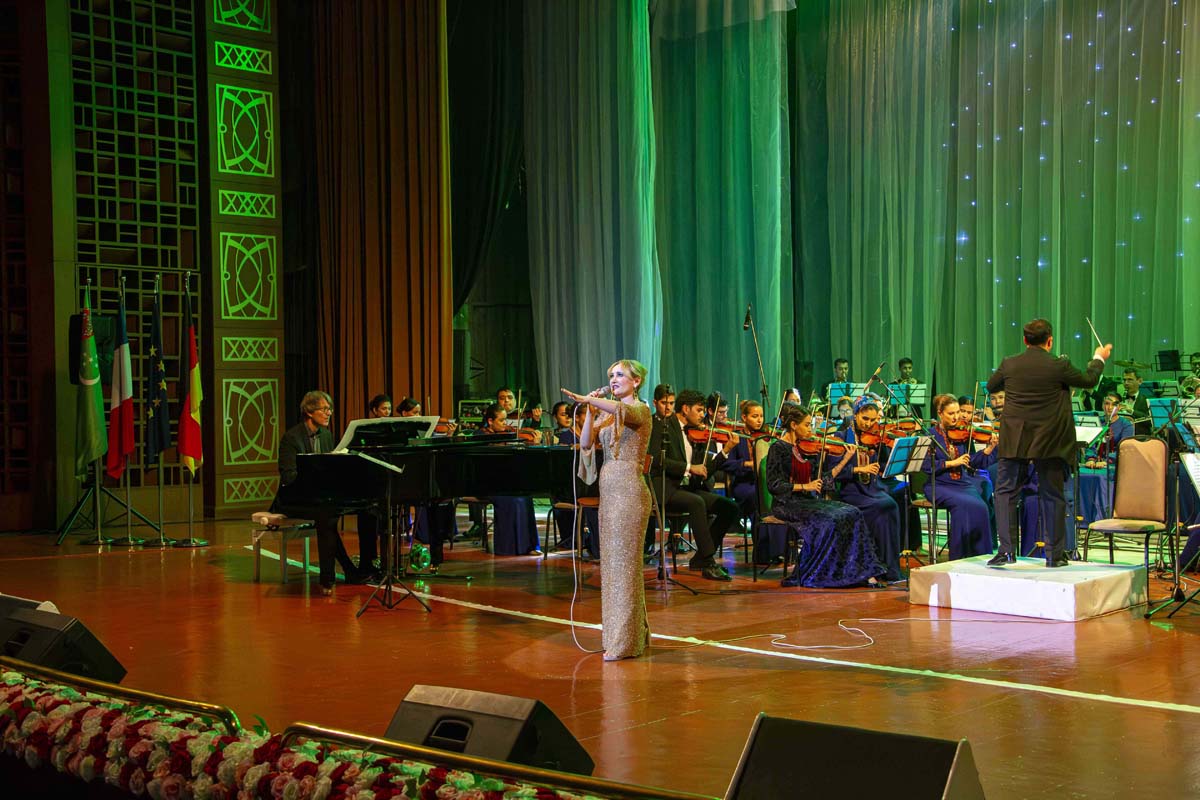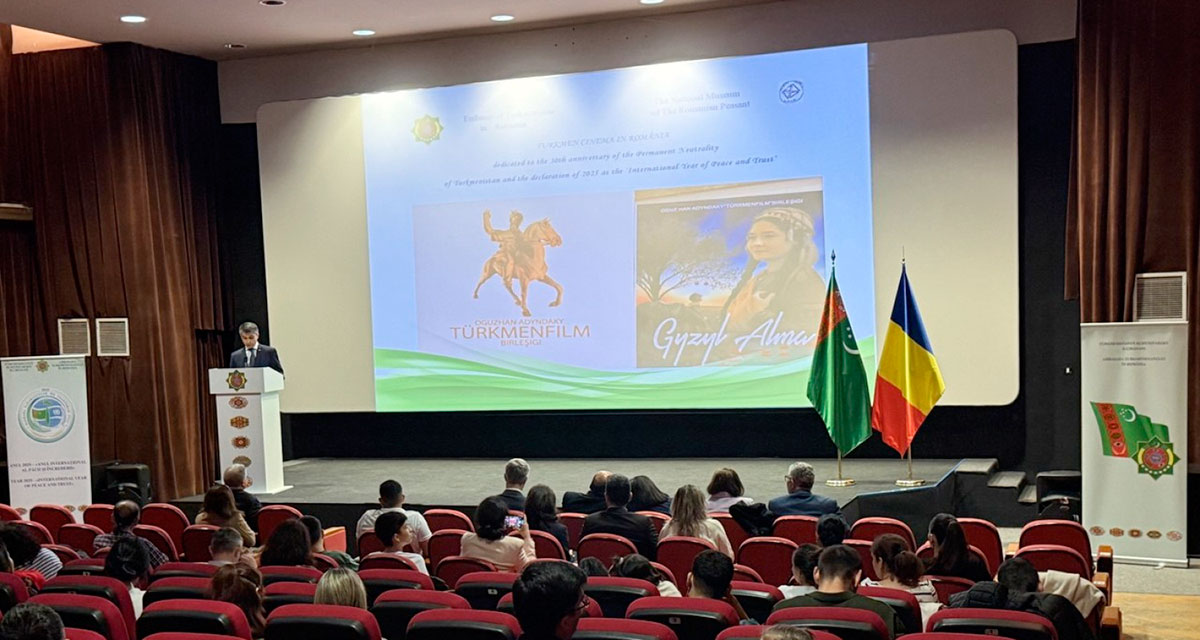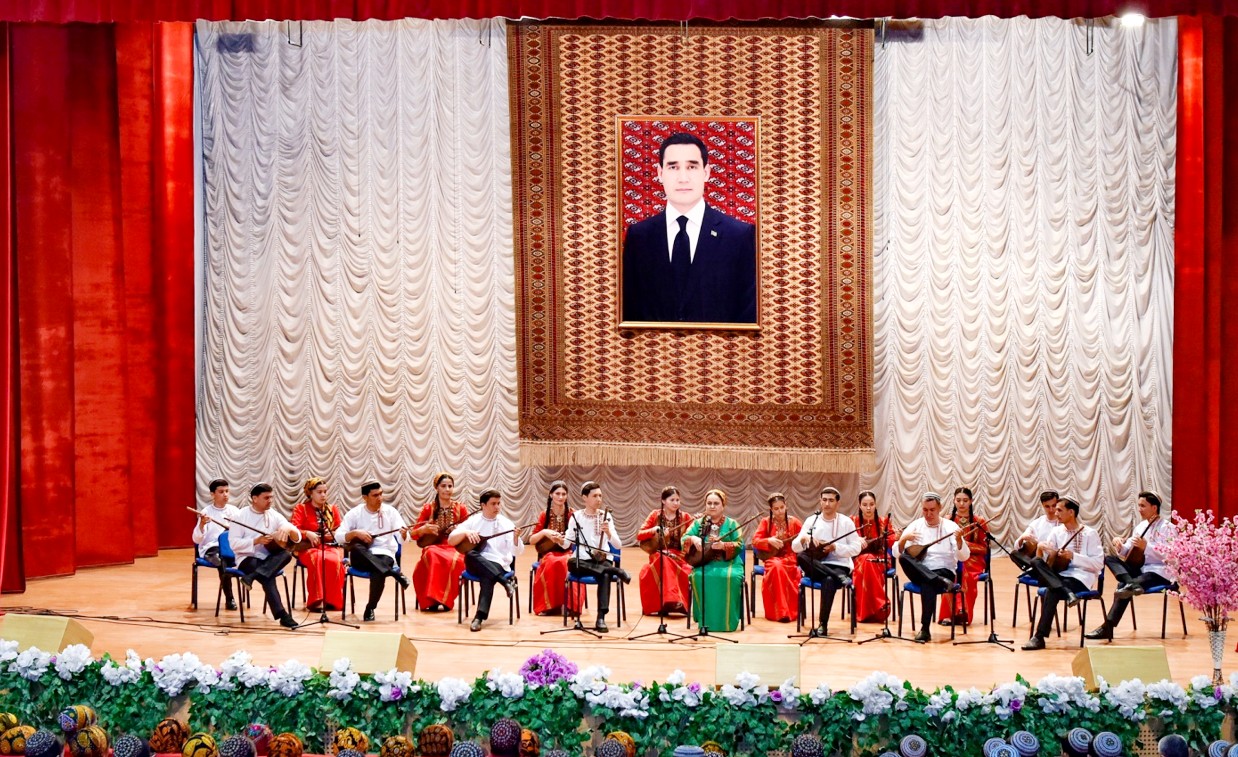Speaking at the working meeting held on November 25, the National Leader of the Turkmen people, Chairman of the Halk Maslahaty of Turkmenistan, Gurbanguly Berdimuhamedov, noted that "our ancestors did a great deal to convey to us the knowledge of our nation's glorious history. It is the duty of the current generation to pass it on to the next, and so on."
In this regard, meticulous work is being conducted in Turkmenistan today to study, preserve, and popularize historical values and the literary heritage of the nation worldwide. In this context, significant importance is attached to the new work by Hero-Arkadag "Hakyda göwheri," which contains materials dedicated to the influence of Magtymguly Fragi's works on universal values, our glorious history, and the contribution of national culture to world civilization.
Scientists from the Institute of Language, Literature and National Manuscripts of the Academy of Sciences of Turkmenistan are also contributing to the extensive work on studying and preserving national cultural heritage. In the year "Fount of Wisdom Magtymguly Fragi," they brought back hundreds of copies of historical documents and manuscripts from scientific trips to several countries in Asia and Europe. These are related to Magtymguly Fragi's creative legacy, as well as the history, literature, art and traditions of the Turkmen people.
Recently, Amandurdy Nuraev and Guichmyrat Changliyev, employees of the Institute, returned from a scientific trip to the United Kingdom of Great Britain and Northern Ireland. From November 2 to 23, they conducted research in London and Manchester. They studied catalogs of book and manuscript collections at the British Library, the national library of Great Britain with over 170 million items, and at the John Rylands Research Institute and Library, which has a unique collection of rare historical sources. The Turkmen scientists examined manuscripts related to the history, culture and art of the Turkmen people, paying particular attention to finding manuscripts previously unknown to scholars in Turkmenistan.
As a result of their work, they brought back electronic copies of 107 valuable manuscripts. Among them are "Diwan" by Magtymguly Fragi and works related to Turkmen history by Husayn Bayqara, Myane-Baba, Enveri, Alisher Navoi, Fuzuli, Abdurahman Jami, Lutfi, and other well-known authors. Moreover, they obtained electronic copies of works by several scholars containing interesting information about Turkmen history, culture and traditions, as well as copies of works by many famous Eastern poets. These new historical sources will help scholars study Magtymguly Fragi's creative heritage more deeply and comprehensively.








